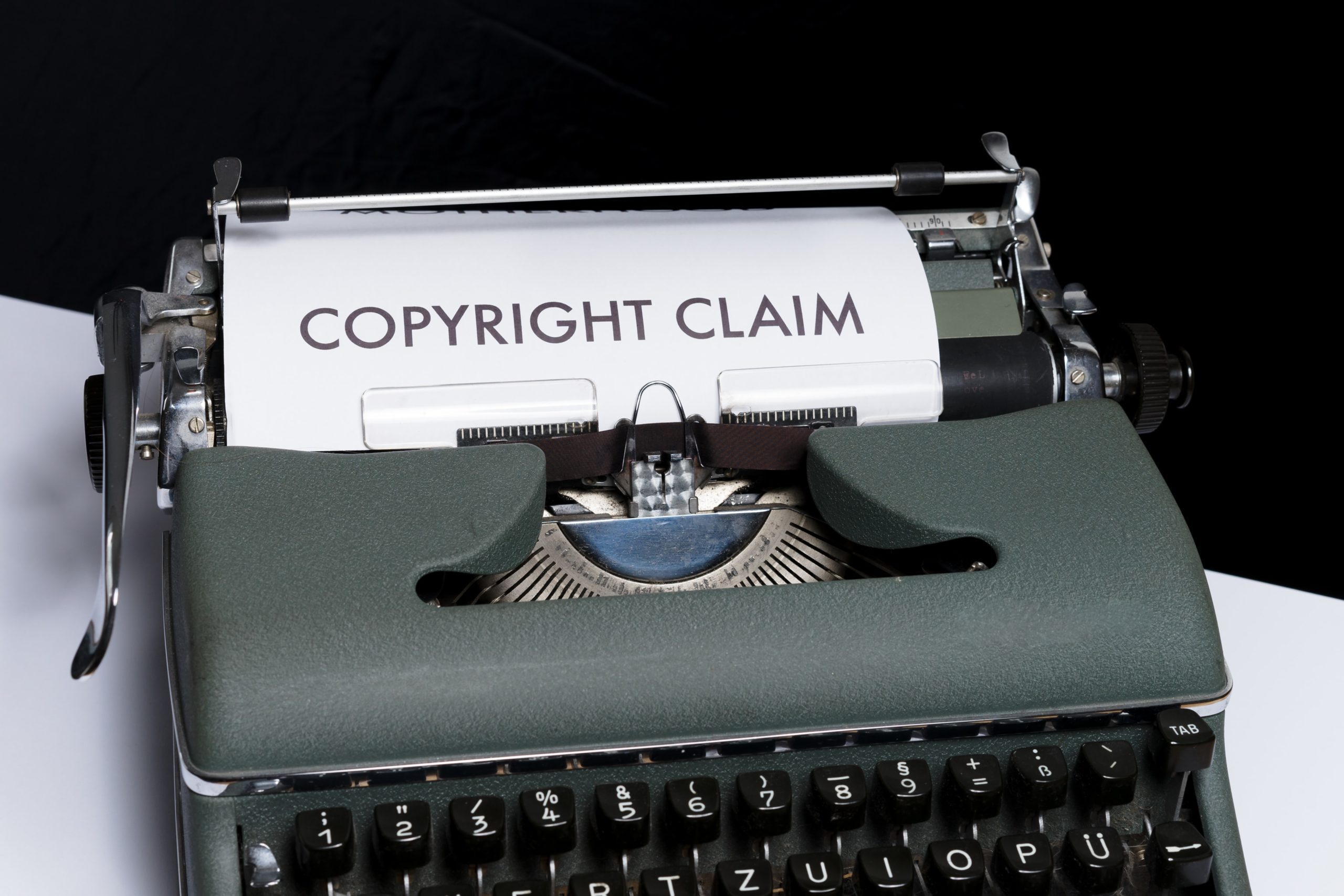Copyrights are a form of intellectual property. At common law, copyright rights vest in the author of the copyrighted work. They protect what are called “original works of authorship” like literary, musical, and other types of artistic work as long as they are fixed in a tangible medium (such as paper, canvas, or a recording). In the United States, copyright protections are mostly defined and exist by virtue of the federal Copyright Act.
Prior to the enactment of the 1976 amendments to the Copyright Act, there was a legal doctrine called common law copyright law that provided copyright protection based on old English law and based on copyright laws enacted in various states. Until the 1976 amendments, common law copyrights protected UNPUBLISHED works of authorship; published works were protected by the earlier versions of the Copyright Act. Consider, as an example, a playwright who died leaving an extensive collection of notes, unpublished plays, and unfinished works. All of the published plays were protected under the then-applicable statutory copyright law. But the unpublished works were protected by common law copyrights.
Two essential protections were provided by common law copyrights:
- The right to prevent others from copying or using the works while unpublished and
- The right to control the first publication of the work — that is, to decide when the work will be published and by whom
However, after the first publication, common law copyright protections ended and the statutory protections for published works became applicable.
As noted, in 1976, Congress amended the Copyright Act. Among many other changes, the amendments abolished and preempted the common law and most state laws with respect to copyrights. The Act states, for example, that the exclusive rights with respect to original works of authorship shall be “governed exclusively by” the Copyright Act whether the works are published or unpublished. The Act goes on to state that “no person is entitled to any such right or equivalent right in any such work under the common law or statutes of any State…” See 17 U.S. Code § 301. After the effective date of the 1976 amendments, old common law copyright protections were converted automatically to the new protections provided by the amended Copyright Act. Essentially, the distinction between published and unpublished works ceased being legally relevant for copyright purposes.
Despite the efforts of Congress to abolish common law copyrights, there are still cases brought for common law copyright infringement. See, for example, Hemlock Hat Company, Inc. v. Diesel Power Gear, LLC, Case No. Case 19-cv-02422 (US Dist. S.D. Cal. 2020). Common law copyright infringement cases continue to be filed partly because Congress did not explicitly and completely extinguish common law copyright protections. The 1976 amendments to the Copyright Act did not annul or preempt state statutes or the common law with respect to works that were not eligible for copyright protection under the Copyright Act. As an example, the federal Copyright Act defines a copyright as an original work in a fixed tangible medium. However, some states, like California, have their own copyright statutes which provide broader protections. In California, artistic works are protected even if they are not fixed in a tangible medium. See Cal. Civil Code, § 980.
Because there is still legal “room” for state and common law copyright laws to operate, occasionally, copyright infringement cases are brought based on a state statute or the common law. However, as the Hemlock Hat case demonstrates, such cases are difficult to win since the cases depend on whether the work was published or not. In Hemlock Hat, the plaintiff claimed infringement of an alleged common law copyright related to a design affixed to a straw hat. The federal court ultimately decided that the plaintiff had no common law copyright for the design. In so holding, the court analyzed facts related to whether the plaintiff had “published” the design, noting that common law copyrights offer protection only to the point of first publication. Further, the court discussed pre-1976 distinctions between a limited and general publication. Under the old common law doctrines, if publication was “limited,” then the common law copyright protection continued to exist. In Hemlock Hat, after examining the facts, the court noted that the straw hats — to which the designs were affixed — were sold and distributed through several online and retail sales outlets. As such, the court held that the plaintiff had made a “general” publication of her design and, therefore, she did not own a common law copyright. That part of the case was dismissed.
It was a bad result for the plaintiff, but, frankly, she should have alleged copyright infringement based on the Copyright Act. Her design was affixed in a tangible medium and was, therefore, protected by the statute. Likely, she would have had a better result.
For more information or if you have questions about protecting your copyrights and other intellectual property, contact the copyright lawyers at Revision Legal at 231-714-0100.




